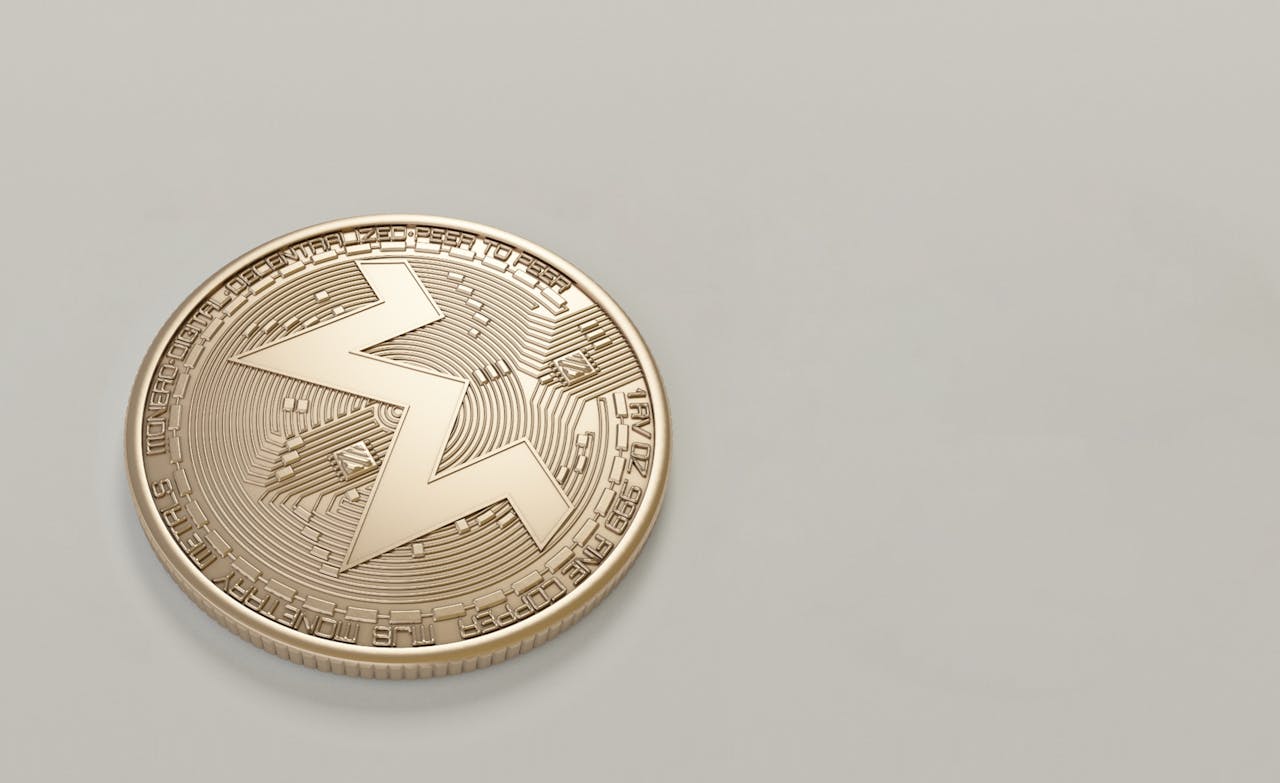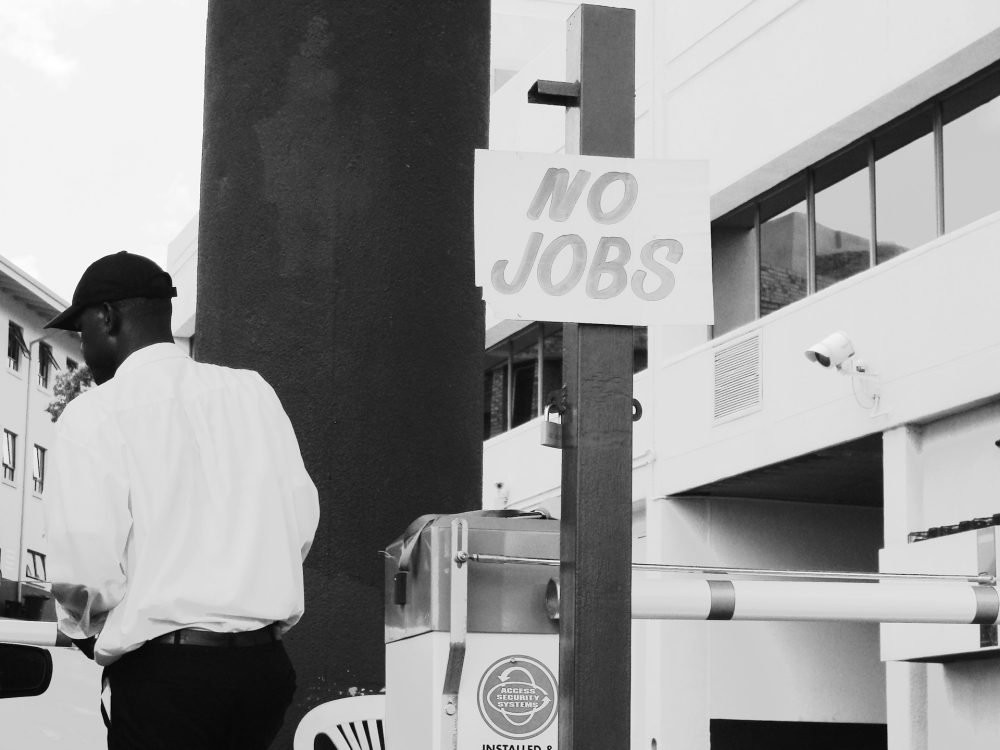Crypto
Zcash Challenges Monero’s Dominance After 475% Surge in Privacy Coin Market
Zcash (ZEC) has surged 475% in a month, reaching $325 and a $5.3 billion market cap, challenging Monero’s (XMR) dominance among privacy coins. While Monero faces exchange delistings and network issues, Zcash’s adaptable privacy features and Solana integration fuel its rise. Analysts and influencers see growing momentum, signaling a potential power shift.

Monero (XMR) was the undisputed market leader among so-called privacy coins for years. But for about a month now, Zcash (ZEC) has been pumping, and after a 475 percent gain, an attack on Monero seems possible. What’s behind it?
When we analyzed the Zcash rally three weeks ago, the privacy coin ZEC was still trading at around $150. Since then, the Zcash price has more than doubled again, with a 475 percent monthly increase, and the ZEC price curve has now reached around $325.
With the market capitalization now at $5.3 billion, Zcash is within reach of the most successful privacy coin to date, Monero (XMR) , which currently has a market capitalization of $6.3 billion. Is a shift in power looming?
Privacy Coins: Zcash and Monero react differently to authorities
The topic of privacy coins is considered sensitive in parts of the crypto scene. Monero experienced delisting from leading exchanges like Binance in 2024 to avoid legal trouble. Zcash responded to similar pressure with features that allow users to decide whether to use ZEC’s privacy options. This spared Zcash from delisting from large, centralized exchanges.
Both altcoins promise that transactions with XMR and ZEC, respectively, are untraceable if security rules are followed. This puts the privacy coins Monero and Zcash in the spotlight of citizens who want to keep their finances anonymous, as well as criminal circles.
However, the integrity of the Monero network was attacked in August and September, and technological improvements are now being planned. Meanwhile, ZCash, as an alternative to XMR, created a bridge to the Solana ecosystem, where ZEC can theoretically generate returns anonymously through decentralized finance (DeFi). While the Monero community tends to deny its competitor Zcash its status as a privacy coin, this hasn’t noticeably impacted its price performance.
Crypto detective ZachXBT praises Monero and Zcash
The renowned crypto detective ZachXBT had already taken a closer look at Monero in April, mentioning in passing that he regularly uses XMR for payment transactions. His interest in privacy coins continued when ZachXBT reported on X about his own experiment with Zcash.
While he discovered a loophole in the popular ZEC wallet Zashi, which makes it relatively easy to track transactions, ZachXBT also praised the user-friendliness of using Zcash in combination with the Zashi wallet and was assured by the teams that the privacy issue would be resolved with an upcoming update. ZachXBT emphasizes that privacy coins have a raison d’être simply because investors can protect themselves from hacks through anonymity.
Conclusion: Monero fears for its leadership role in privacy coins because of Zcash
Zcash is benefiting from a momentum that has also spread to social media, where, for example, crypto celebrity Arthur Hayes on X is already dreaming of a price target of $10,000 for ZEC. Meanwhile, the specialist portal CoinCodex is dispelling false information claiming that ZEC will undergo a halving this year.
While Zcash is copying the Bitcoin halving , it won’t happen again for ZEC until the end of 2028. Monero currently has little to counter the Zcash hype, even if XMR remains the only altcoin among experts whose privacy concept seems to work reliably. The final word in the competition between Monero and Zcash has not yet been spoken.
__
(Featured image by Moose Photos via Pexels)
DISCLAIMER: This article was written by a third party contributor and does not reflect the opinion of Born2Invest, its management, staff or its associates. Please review our disclaimer for more information.
This article may include forward-looking statements. These forward-looking statements generally are identified by the words “believe,” “project,” “estimate,” “become,” “plan,” “will,” and similar expressions. These forward-looking statements involve known and unknown risks as well as uncertainties, including those discussed in the following cautionary statements and elsewhere in this article and on this site. Although the Company may believe that its expectations are based on reasonable assumptions, the actual results that the Company may achieve may differ materially from any forward-looking statements, which reflect the opinions of the management of the Company only as of the date hereof. Additionally, please make sure to read these important disclosures.
First published in BLOCK-BUILDERS.DE. A third-party contributor translated and adapted the article from the original. In case of discrepancy, the original will prevail.
Although we made reasonable efforts to provide accurate translations, some parts may be incorrect. Born2Invest assumes no responsibility for errors, omissions or ambiguities in the translations provided on this website. Any person or entity relying on translated content does so at their own risk. Born2Invest is not responsible for losses caused by such reliance on the accuracy or reliability of translated information. If you wish to report an error or inaccuracy in the translation, we encourage you to contact us.

-

 Cannabis5 days ago
Cannabis5 days agoCannabis and the Aging Brain: New Research Challenges Old Assumptions
-

 Africa2 weeks ago
Africa2 weeks agoUnemployment in Moroco Falls in 2025, but Underemployment and Youth Joblessness Rise
-

 Crowdfunding3 days ago
Crowdfunding3 days agoAWOL Vision’s Aetherion Projectors Raise Millions on Kickstarter
-

 Fintech1 week ago
Fintech1 week agoFintower Secures €1.5M Seed Funding to Transform Financial Planning























